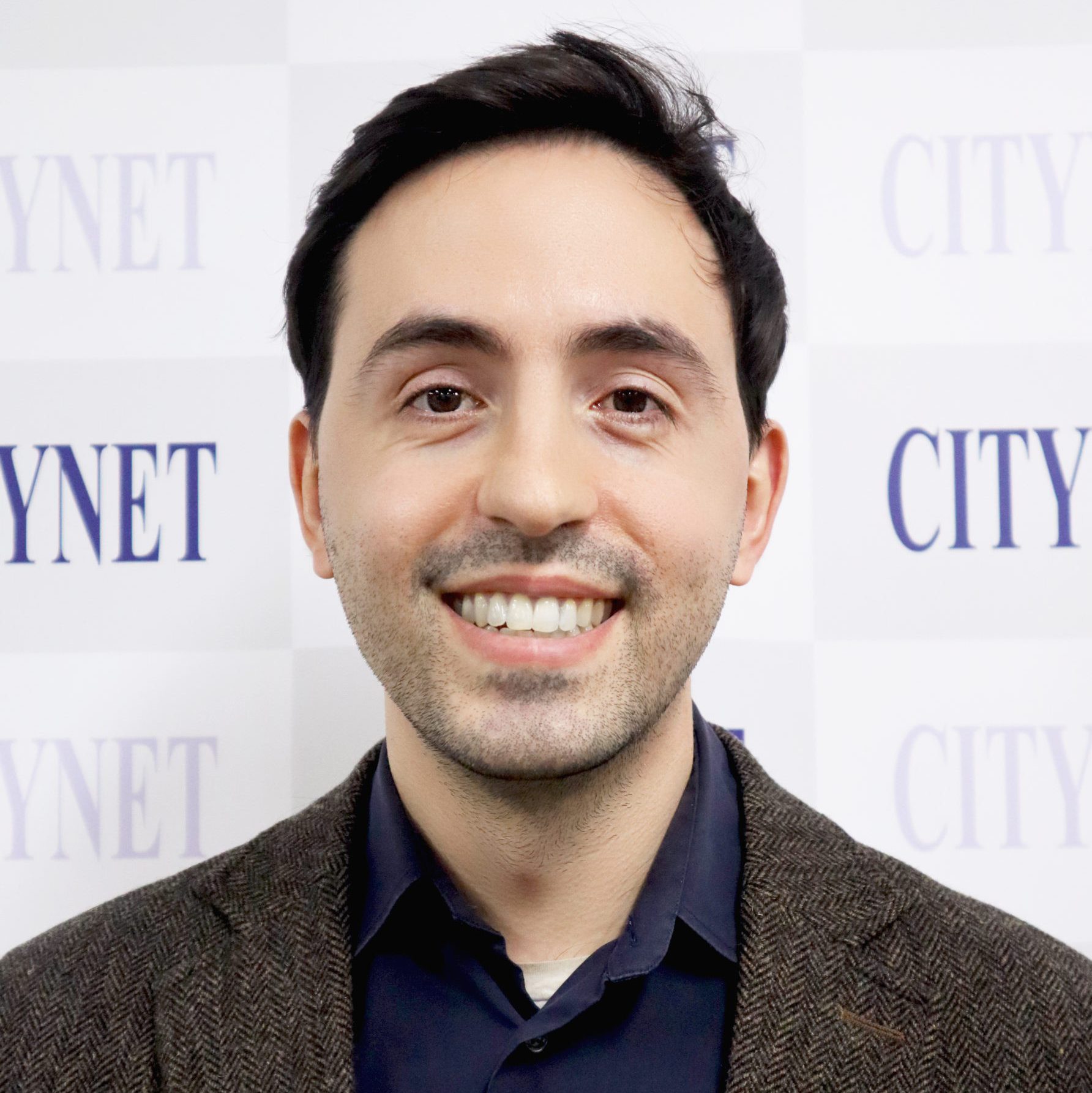On 16 January, the Economic Research Institute for ASEAN and East Asia (ERIA) conducted a hybrid inception workshop for an upcoming research study: Digital Twins for Deep Sustainability. The meeting was led by V. Anbumozhi, a senior fellow at ERIA, and promoted the concept of utilizing digital twins at the city level as powerful planning tools to contend with the cluster of issues facing cities while enabling data-driven decision making and acceleration of sustainable development goals through real world simulations. The meeting brought together cities, researchers, and other urban actors from around the world to share how digital twins are shaping their planning processes and to be open about the challenges that exist such as data gaps.
Secretary General Dr. Vijay Jagannathan contributed a keynote speech to the 1st Session of the meeting under “The Invisible Cities- How Digital Twins are Revolutionizing the Sustainability and Livability of Cities in ASEAN and Beyond.” He pushed for the notion that cities can improve services through digital governance and market-style incentives. He noted that digital twins are necessary for cities to achieve and secure funding for ambitious climate and circularity goals. Through clearly laid out propositions, he argued for ASEAN cities to adopt digital twins to realize a multi-sector systems approach that prioritizes social equity and quality of life from the government down to the neighborhood and household levels. In contrast to current methods, planning with digital twin simulations should attract financing and engage ordinary people in the city planning process.
Following Dr. Vijay’s address, during Session 2 on case studies of digital twin technology application in cities, Mr. Boris Jongho Kim of Seoul Digital Foundation shared how Seoul has adopted digital twin technologies to provide smarter services for vulnerable populations. In one example, the “S-Map” displayed a digital twin of the interior of a public building with a performance venue, clearly illuminating the route that a person in a wheelchair could take to access the building and safely arrive at their designated section in the performance venue. In the 3rd Session on defining indicators for digital twin applications for urban sustainability CityNet Senior Program Officer Chris DiGennaro shared the tools of the Urban SDG Knowledge Platform that help local governments gather data on where they stand when it comes to local SDG achievement, effectively building a needed data foundation for smart planning.
In the following year, the research study intends to foster digital twin pilot projects and scale them up to advance decarbonization, circular economy, social equity, and inclusion through people-centric strategies. Through upcoming stakeholder workshops and generation of policy papers, the research partners endeavor to deliver a full report by the end of the year that outlines key insights on using digital twins to achieve long-coveted sustainability goals. CityNet member cities can take the opportunity to explore digital twin approaches to managing sustainability progress. If your city wishes to get involved with the digital twin research project, contact Mr. Chris DiGennaro, Senior Program Officer at sdgplatform@citynet-ap.org.

Chris Di Gennaro is a Program Officer at CityNet, where he manages the Urban SDG Knowledge Platform, a joint project with UNESCAP and the Seoul Metropolitan Government. Previously, he worked at ESCAP to organize an urban innovation themed startup competition. Chris holds a Master of Korean Studies from Yonsei University and a Bachelor of Psychology from Vassar College. He is keenly interested in the workings of cities and facilitating sustainable urban development.




